“This city has got to get its priorities in order and invest in its residents.”


“This city has got to get its priorities in order and invest in its residents.”

“I believe city and county officials, artists, historians, creative builders and thinkers should all join to come up with the best of possibilities.”
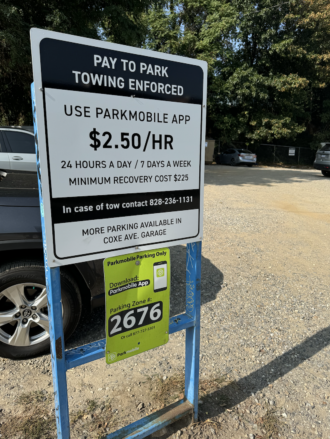
“ParkMobile knows that it is spreading misinformation. ParkMobile knows that it is in the wrong. And ParkMobile has had every opportunity to stop. Yet ParkMobile refuses,” the lawsuit says.

“I am writing to inform the public of the dire public health situation present at public housing complexes in Asheville after Tropical Storm Helene.”

“Friends, we must take personal action. The state will not even allow the city/county to ban single-use plastic bags, but we can stop using them.”
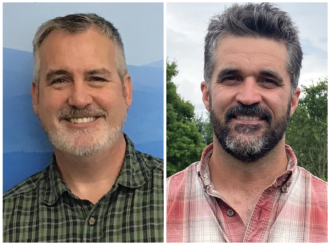
If you don’t know what a Soil & Water Conservation District supervisor does, you are not alone. Here’s a quick primer on the position, which Buncombe County voters will decide on this fall.

“Though it can feel like an overwhelming task, together we can change the impact of plastics on our environment until our city is able to install its own official plastic ban.”

Commission member MZ Yehudah cut right to the point at a recent meeting of the Community Reparations Commission. “Are reparations for Black Asheville legally defensible?” The answer, according to city and county attorneys, is complicated.

“Putting the city logo on the park is a small but important symbolic gesture letting people know this is a place where they are welcome and that the city supports and cares for this park.”

“I feel that electric vehicles should be kept within cities as much as practical because they are at their best in urban gridlock and upwind of downtown.”

“The bottom line is that the turnover rate for teachers and the unfilled positions of police officers in Asheville is unacceptable.”
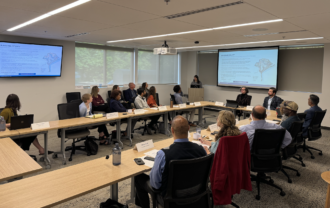
The big question heading into the April 24 meeting of the Buncombe County Tourism Development Authority was whether affordable housing projects would qualify for financing from the agency’s new $10 million grant fund. The answer was “not really.”

As a deadline nears for the Community Reparations Commission, pressure mounts for the group to finalize its recommendations for how the City of Asheville and Buncombe County governments can make amends to their Black residents.
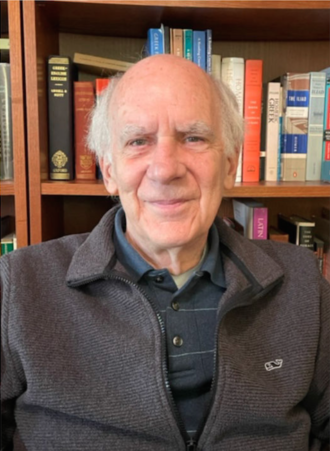
“The onslaught started a few months ago, when my partner and I joined the City of Asheville’s composting program. The chore of taking our slop bucket to the East Asheville Library branch has been a revelation — of maggots.”

“The government should be doing all it can to support the commission in crafting recommendations to repair harm from the centuries of damage done by our government and society to Black people.”
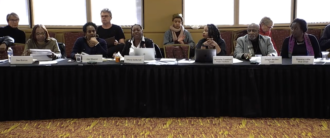
At a Community Reparations Commission meeting March 18, the Carter Development Group identified four themes and outlined 10 “high priority” recommendations for actions local governments should take to cease harm to their Black residents.

“Personally, I will miss seeing an open field but understand that infill happens — just make it palatable to those of us who live here.”

“While sitting in traffic jams on Patton Avenue, I often wonder why the city doesn’t try to purchase the old Kmart shopping center at Louisiana Avenue. It has sat there for years, empty.”

“Like much of the nation, Asheville faces a housing affordability crisis. The solution to that crisis for Asheville is to build a lot more housing throughout the entire city, including in my neighborhood.”

“Please, City of Asheville, stand up for the community and support the value added to the lives of West Asheville by the pool and pool house.”
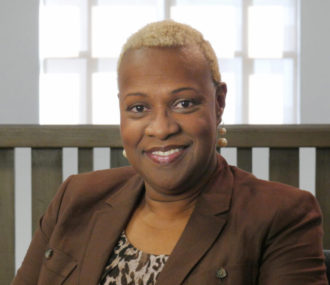
As former Equity and Inclusion Director Brenda Mills reflects on her career as she begins retirement, two accomplishments stand out. One is the positive reception city employees gave a plan to increase racial equity. The other is the Reparations Commission.